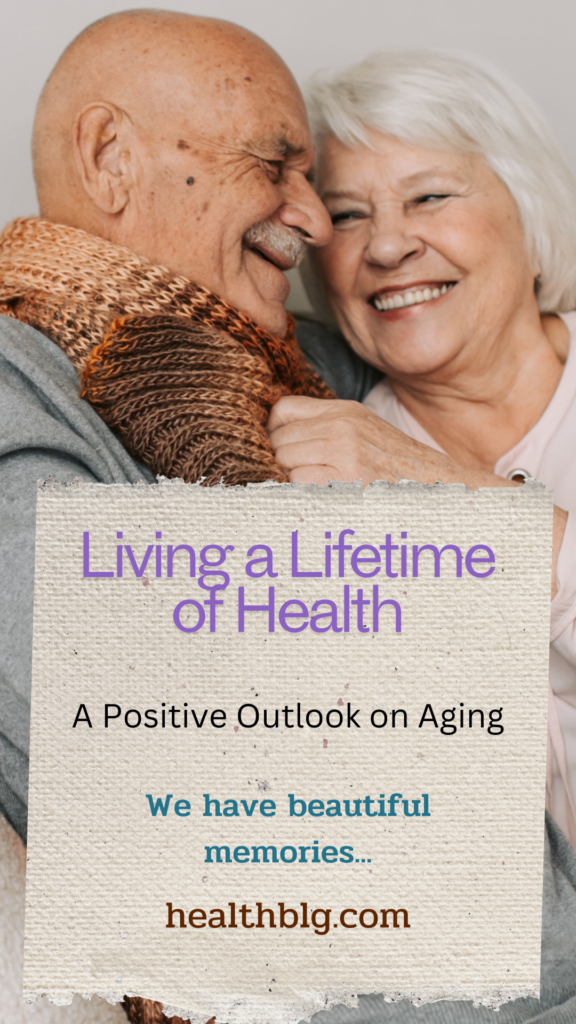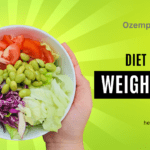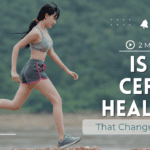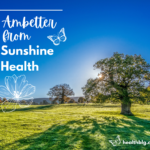Greetings and welcome to My Living a Lifetime of Health Review. This is where the word ‘Healthy Ageing’ fits in. Much more than swallowing those multivitamin tablets, going for a mere walk or jogging or doing some fancy yoga postures without reading about food guides, having regular exercise or doing stress-free work, regular social interactions, and leading a life with a purpose is where a healthy ageing life concept lies. This is the philosophy of the ‘Folsom 110 healthy way’.
Folsom is a city that may not expect to turn its focus on longevity research, but it has gained much attention from scientists and health practitioners who want to know the causes of living a long, healthy, and happy life. The idea of the “Folsom 110” mentality has become rather popular because of the important population in the region who are healthy and happy, who are over 100, if not 110+ sometimes. These individuals are alive and independent and still going strong into their second century.
What can one learn from these remarkable individuals and use to make changes to one’s lifestyle to lead hale and hearty additional years?
1. Nutrition: A Foundation of Longevity
Another aspect that emphasises people’s identity in the Folsom 110 community is appropriate and reasonable nutrition. While there isn’t an official diet that provides a ticket to lifelong existence, there are eating habits that promote longevity. Most centenarians of Folsom and many other Californian citizens consume their food with rich nutritional value, including freshly produced fruits, quality vegetables, whole grain products, legumes, and healthy fats like olive oil and nuts.
The Mediterranean diet is a dietary pattern that has been widely described as healthy and has many similarities with that observed in Folsom 110. This diet is packed with antioxidants, fibre, and healthy fats—components that help fight inflammation, protect the heart, and prevent various diseases, including diabetes, hypertension, and cancer.
Also, the population most vulnerable to longevity in Folsom and other similar micro-areas usually engages in “mindful eating.” They do not overeat; they eat slowly, take time to chew their food, and listen to their bodies. This accords with the portion control concept that has been understood to extend life since numerous diseases result from excessive feeding.

2. Physical Activity: Move Your Body, Move Your Life
Physical activity is another cornerstone of the Folsom 110 approach. Research consistently shows that regular exercise—especially activities that promote cardiovascular health, strength, and flexibility—plays a key role in extending life expectancy.
In Folsom, many individuals over the age of 100 remain active throughout their lives. Whether it’s walking, cycling, swimming, or yoga, staying physically active helps maintain mobility, prevents muscle and bone loss, supports heart health, and improves cognitive function. In fact, studies suggest that people who engage in moderate physical activity are more likely to live longer and experience fewer disabilities later in life.
Moreover, the Folsom 110 individuals often integrate physical movement into their daily routines. They don’t just exercise for the sake of fitness; movement is woven into the fabric of their everyday lives. Gardening, cleaning the house, and walking to the store are all part of the active lifestyle that helps them stay engaged with their bodies and their surroundings.
3. Mental Health and Emotional Well-Being
What is special about the Folsom 110 Healthy Way is that it is as much about mental health as physical health. Members of this community are normally optimistic, and most are involved in activities that give them pleasure.
A purpose in life, or what the Japanese call ikigai, is another thing people have in common when they reach old age. Even in Folsom, where I interviewed several supercentenarians, the presence of purpose is apparent regardless of whether it stemmed from family obligation, volunteering, following personal interests or continuing working into one’s elder years. This sense of purpose gives you a mental lift and helps reduce stress, one of the main culprits known to cause many ageing-related diseases.
Moreover, people living in the Folsom 110 community consider stress very important. This kind of stress can result in a set of health issues, such as heart disease, diabetes, and depression. Such practices as meditation, intention, and interaction with their loved ones help Folsom’s centenarians to minimize stress to the body and the mind. Other preserved spheres for Honduran people, which are important for mental health, are laughter, relaxation, and a good sense of humour.

4. Social Connections and Community
Family and/or friends are important to Folsom’s 110-motivated life. Several empirical studies have continuously pointed out that being involved in friendships, maintaining family relationships, and being socially active can boost both survivability and quality of life. However, loneliness leads to early mortality, or at least that is what the statistics show.
In Folsom, most of the interviewed persons aged one hundred years claimed to be more related to people and the community. They have regular family ties, are involved in community work, and have close friends with whom they often associate. Through this social engagement, the elderly find emotional support, thermal relief from loneliness, and the ability to exercise their brains as they grow old.
In addition, Folsom’s theme and culture encourage the prison population to participate in community life. The showcased programs include exercise classes, volunteer services, and clubs, all of which can help people aged stay connected and useful to society.

5. A Positive Outlook on Aging
In addition to living in Folsom, the Folsom 110 Foundation strongly aims to adopt the right perspective on ageing. In many cultures, ageing is seen as the worst thing that can happen. Still, among the centenarians of Folsom, ageing was seen more as a possibility of enjoying life more diversely. By seeing it as a privilege and accepting it as such, they formed positive attitudes towards ageing.
Cultivating the so-called ‘can do’ culture instead of a ‘cannot do’ attitude to promote a high quality of later life. Such an attitude towards ageing garners an orientation of assertiveness and optimism that keep older people upbeat, active, and satisfied with how they spend their time.
6. Sleep and Recovery
Rest is very important for the well-being of the body and soul throughout one’s entire life. Number four is sleep, and Folsom’s centenarians ensure they get enough hours of sleep every night. Sleeping helps to repair damage in the body, control hormones, and even improve brain function.
Healthy sleep patterns refer to maintaining a regular sleep timetable, avoiding stimulation before sleep, and executing a proper ritual before going to bed. It is surprising that ageing people who turn 100 do not complain about not having enough sleep or not being able to sleep and that they do not like naps; thus, they show that good sleep is very dear to them.
7. Adapting to Life’s Changes
The one final area of focus of the Folsom 110 healthy approach to living involves flexibility. But life is not easy—there are sicknesses—this is even true for seniors; there are losses and other adversities. The capacity to feel and remain competent in these alterations is fundamental to an ongoing healthy state of affairs.
Resilience can be observed in many older adults in Folsom’s sample of centenarians. No matter what challenges they face, whether implementing newfound technology during changes in their physical function or during the final stages of losing friends or family members, they can find a positive outlook and make the most out of a given situation.
Conclusion
The Folsom 110 healthy way of life is a total wellness concept based on solid nutritious diets, exercise, inner peace, fellowship, and a raison d’être. By applying these principles, along with a positive attitude toward ageing and being ready to change throughout one’s life, people in Folsom are capable of living long, active, and fulfilling lives.
However, more important as we focus on the future are practical pointers gleaned from the research on Folsom’s centenarians regarding the secrets to longer, healthier, joyful living. Thus, regardless of how successfully we have incorporated some or all of the seven principles of the Folsom 110 lifestyle into our daily lives, we are all given a chance for a longer and richer life.
<script type="application/ld+json">
{
"@context": "https://schema.org",
"@type": "Article",
"mainEntityOfPage": {
"@type": "WebPage",
"@id": "https://healthblg.com/living-a-lifetime-of-health/"
},
"headline": "Living a Lifetime of Health: The Folsom 110 Approach",
"description": "Living a Lifetime of Health: The Folsom 110 Approach",
"image": "https://healthblg.com/wp-content/uploads/2024/11/Living-a-Lifetime-of-Health-2.png",
"author": {
"@type": "",
"name": ""
},
"publisher": {
"@type": "Organization",
"name": "",
"logo": {
"@type": "ImageObject",
"url": ""
}
},
"datePublished": ""
}
</script>









